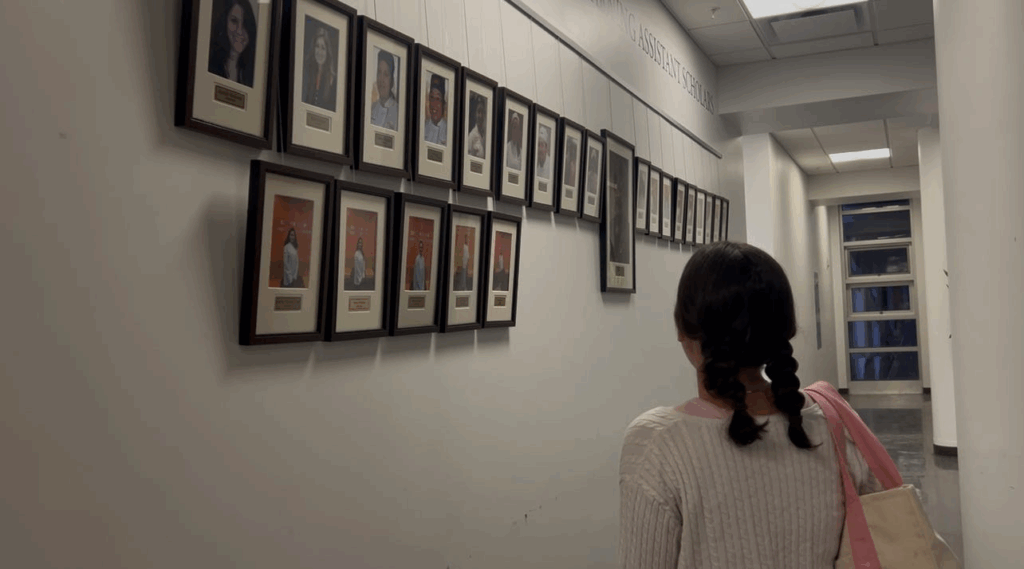Syracuse University’s shuttered Food Studies program teaches its final students as campus-wide restructuring continues.
Syracuse, N.Y. (NCC News) — Hannah Pacicca stored bundles of leftover kale in the walk-in cooler, folded away her chef’s coat, and switched off the lights to the Falk College Kitchens.
A senior Food Studies major, Pacicca had just finished another shift as a culinary lab assistant for FST 304: Farm to Fork. Alongside fellow students, she’d spent the night learning about sustainable food systems and preparing a family-style dinner using local produce.
Thanks for reading! Subscribe for free to receive new posts and support my work.
She’s one of the few final Food Studies majors set to graduate before the undergraduate program shutters entirely. Classes under the FST prefix will be leaving campus with her amid the Falk College of Sport and Human Dynamics’ strategic rebranding to the Falk College of Sport.
“I think it’s really important to know where your food is from and learn about a lot of social justice issues,” Pacicca said, “So it’s sad to lose [it].”
She strolled down the empty hallway, passing photos of Food Studies alums and pointing out the newly hung Esports admissions sign.

Food Studies Senior Hannah Pacicca passes portraits of former culinary lab assistants as she leaves the Falk College Kitchens. As the program shuts down, she is one of the final students to hold the role. Photo by Arietta Hallock
Rebranding longstanding programs
In late 2023, under new dean Jeremy Jordan, the Falk College of Sport and Human Dynamics initiated a rebrand.
Falk dropped “Human Dynamics” from its title, solidifying a sole emphasis on its well-enrolled sport-related majors. Others, like Social Work, would be reintegrated into other schools on campus. Food Studies, a smaller and less lucrative program, didn’t make the cut.
“Our applicants needed too much financial aid to make it, so the cost-benefit analysis didn’t rule in our favor,” said Rick Welsh, Sociology professor and former Food Studies chair.
“I said if you want to study food insecurity and issues like that, maybe you come from a less well-off family. But that argument didn’t carry.”
Welsh helped build the program in 2012, at a time when a multidisciplinary approach to studying food systems and policy was gaining popularity. Graduates went on to work in policy, the food business, urban agriculture, and food security advocacy.
That multidisciplinary nature of the program meant that professors like Welsh could integrate into departments elsewhere on campus, retaining employment under new titles.
He now teaches sociology at Maxwell School of Citizenship & Public Affairs alongside a few lingering food studies courses. When the final cohort graduates, the legacy program he built will leave with them.

Students in FST 304: Farm to Fork prepare a family-style dinner using ingredients from a community-supported agriculture (CSA) subscription. Photo by Arietta Hallock
Larger trends
Delia Rangel, a student journalist with a food studies minor, had spent the week leading up to her Thursday night Farm to Fork lab covering another round of admission pauses across campus.
An aspiring food reporter, she’d been drawn to the minor for its multidisciplinary approach to food policy. She sees the program’s end as part of a larger cost-cutting trend across campus.
“I think that it speaks to what the university prioritizes and what they think their students want.” Rangel said. “It seems like a lack of listening to students.”
The future of Food Studies
Welsh sat in his Maxwell School office, clad with farmland images and food studies textbooks, printing handouts for his upcoming lecture.
“Nationally, within universities, and within Syracuse, there are so many factors that are driving us towards cost reduction and not investing in the academic aspects,” Welsh said, “But we’re losing sight, in my opinion, of the purpose of higher education.”
Earlier in the day, he had sent students an email passing on news about the USDA’s decision to cancel an annual survey measuring food insecurity data.
Hot off the press. See below. Welsh wrote, before pivoting to updates on a field trip to a nearby farm.
“This may be the last time we teach this class,” Welsh said, getting teary-eyed when asked which part he’ll miss most.
“The students.”
